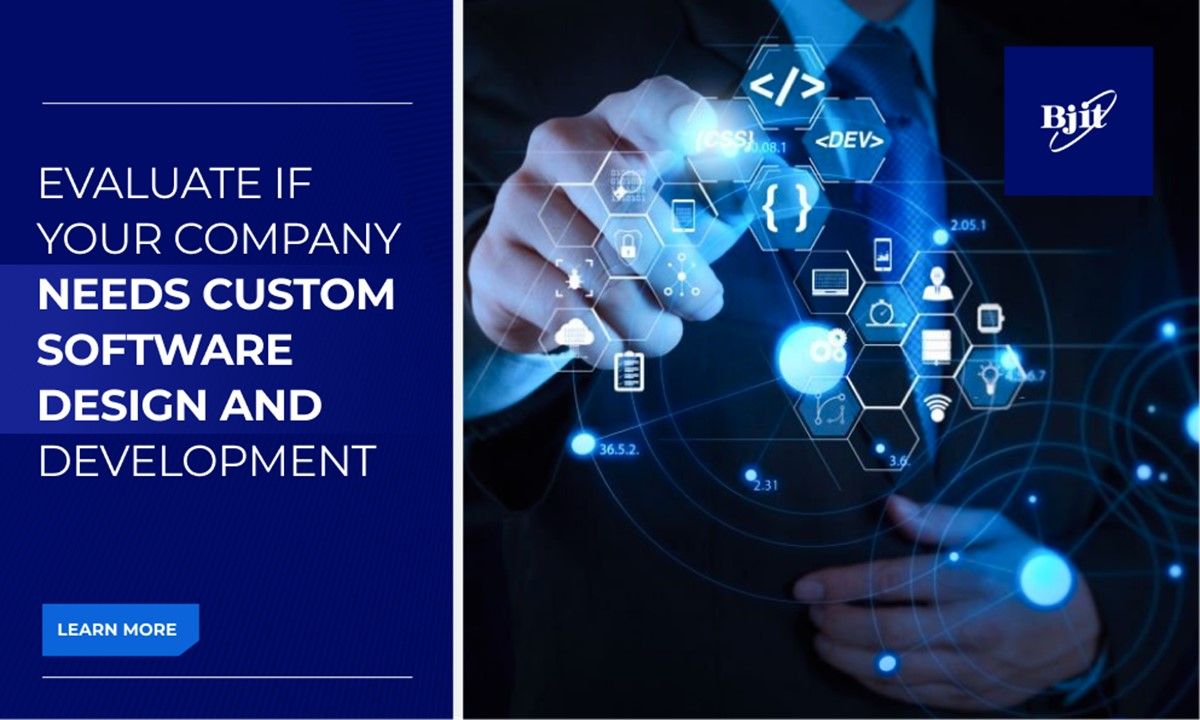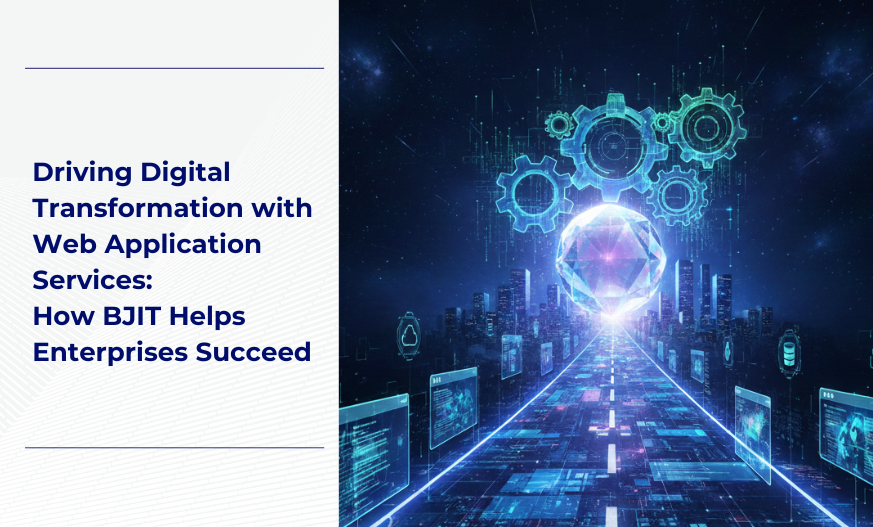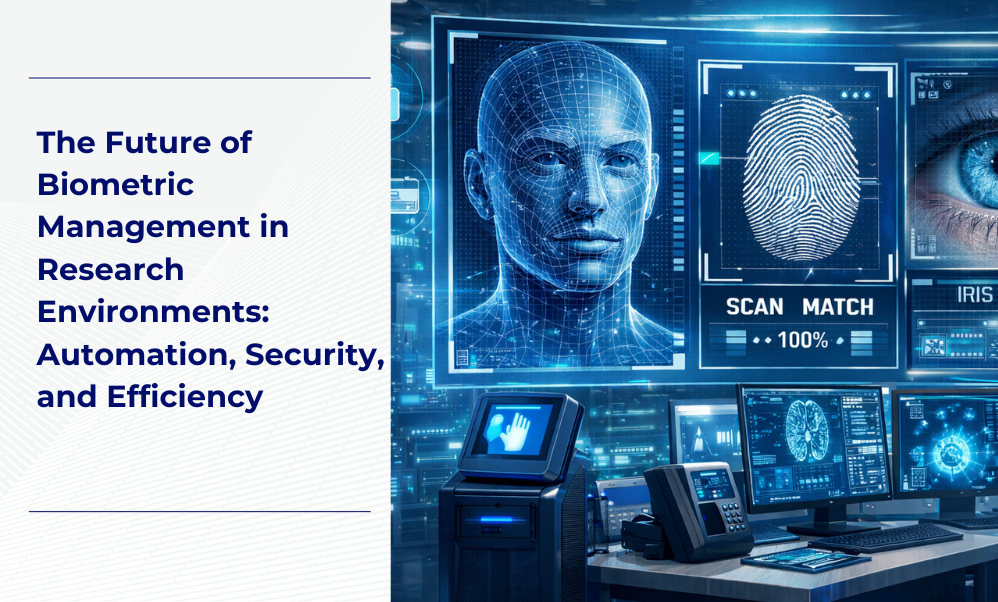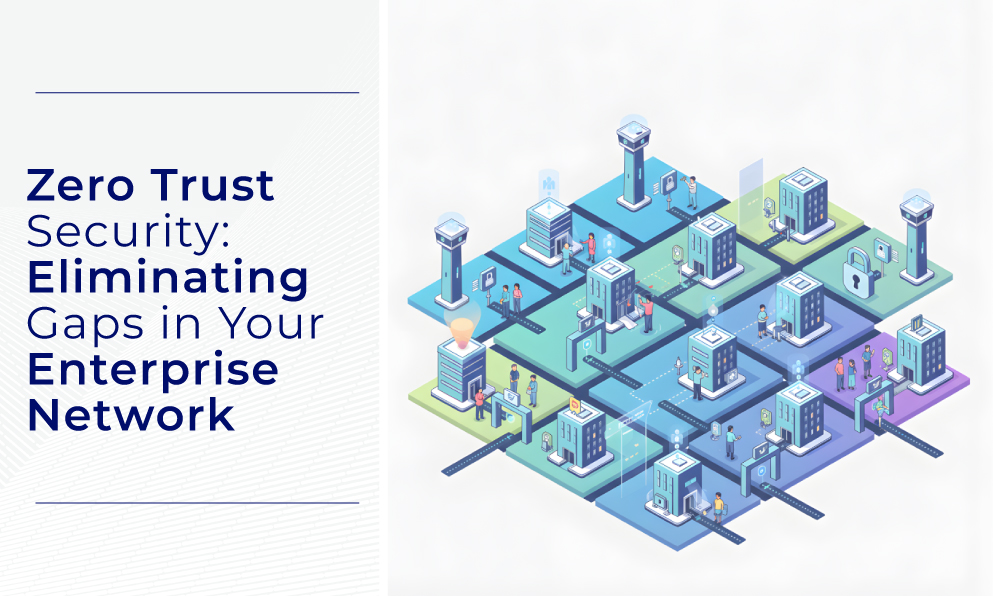In times of recurring economic crises, transformation, and digital innovation projects are critical. IT offshore outsourcing companies that put such initiatives into action fast, scale them correctly, and focus on results will be able to adapt and compete in the future.
Companies must address existing economic, technological, political/regulatory, and social difficulties to be competitive and prepare for the future. They also need to take advantage of new growth prospects and maximize the potential for digitalization. Transformational change must occur in the four dimensions of organization, culture, people, and digital environment to accomplish all of this as Businesses must go forward; there is no time to waste.
The competition is fierce, and if you don't move quickly and innovate, you'll be left behind.
Also Read: Digital Transformation - The Do’s & Dont’s for 2022
How Have Japanese Technology Companies Transformed For The Future?
The pace of innovation in business environments, emerging markets, rival companies, and customer demands is always accelerating, and deadlines are increasingly shorter.
Since most organizations can no longer afford to just sit back and bask in their success, they must learn to react more swiftly and demonstrate their adaptability. The firms polled placed learning potential and qualified staff as the second-most important characteristics of a successful future-ready company.
Businesses must reorient their resources for the future and identify and hire offshore developers with the necessary training, cutting-edge skills, and talents to keep up with the quick pace of change and developing learning trends. They must also encourage employee participation while supporting continuing training and lifelong learning.
The respondents selected close collaboration and cross-disciplinary work as the third most important characteristics of a successful future-ready organization. Partnerships, collaboration, and deeper networking must be developed or improved both within and outside of the company to produce synergies. A non-silo culture that encourages cross-departmental cooperation and does more to promote employees' entrepreneurial thinking must replace departmental thinking in organizations.
To achieve all of the aforementioned objectives, organizational culture, people, and the digital environment must go through a transformational transition, such as BJIT, a Japanese technology company:
Scaling the frontier of corporate or business venture: The least pushback is encountered and the greatest success is attained when new business initiatives and innovative concepts are accepted and tested.
Also Read: Why Your Digital Transformation Managed Services Must Include Continuous Testing?
BJIT management provides the necessary room and independence and encourages a willingness to take risks.
The formula for success includes small teams, independent management, limited budgets, ongoing performance evaluation, and agile management. This is made possible by a combination of new and old personnel that have a start-up attitude.
Organizations may forecast and integrate their future through targeted scaling on the business's edge. Similar to this, innovative thinking and a readiness to give up tried-and-true methods are needed for corporate venturing.
Utilizing open business models and innovation outside of products: New concepts and models of innovation beyond the product are made feasible when organizational change is permitted and the ecosystem is leveraged constructively with partners. Along with product innovation and the incremental improvement of present products, fully new business models, new services, and processes will all be utilized.
Companies may continue to set the trends in this way while maintaining their technological edge. The standard remains as customer-added value. Customized add-on services, status monitoring/predictive maintenance, distinctive operator models, and developments in the Internet of Things/Industry 4.0 are some of the key differentiators.
Understanding the environment of the future: Businesses constantly deal with new problems, trends, and challenges, but change has never been as complicated or widespread as it is now. If companies want to remain competitive in the quickly evolving digital environment, they must recognize, assess, and respond to potential disruptors at an early stage (such as sensors, robotics, drones, 3D printing, sophisticated analytics, and artificial intelligence). They must also understand the nature of competition from both outsides and inside their industry. Future client needs must be recognized. Future-ready businesses have traits like openness, curiosity, and ownership.
Building the right digital infrastructure: Businesses must quickly change their current IT infrastructure if they want to take full advantage of the potential offered by digitalization.
Create an infrastructure that uses robots in both white- and blue-collar jobs, and introduces new, exponential technologies. Different processes and systems will need to be networked for the future and trained to communicate with one another to do their tasks swiftly and with the appropriate analytical abilities in the manufacturing and back-office sectors.
According to the analysis of the current processes and systems, it may be preferable to build whole new communications networks rather than make changes to existing ones.
Also Raed: Where Will Digital Transformation Managed Services Lead Us?
Leveraging exponential technologies/digital interaction models: Technology-based engagement models and rapidly evolving technologies like sensors, robots, drones, 3D printing, advanced analytics, and artificial intelligence will be essential for organizations in the future.
Digital technologies challenge all value chain participants to reevaluate their duties, operating outside of traditional business paradigms. By incorporating consumer preferences and expectations into the development and production processes, customized solutions and customized mass manufacturing are made feasible. New, cooperative ecosystems and the sharing economy, an idea that is currently gaining hold in the service sector, will define future customer interactions in manufacturing.
Understanding a customer's company through and through is essential to designing the services of the future. Companies must get over the challenge of developing new business models if they hope to remain competitive. Additionally, it's critical to recognize the potential impacts of digital transformation and achieve sustainable improvements in operational excellence and efficiency.
Let's talk about a few topics that support the development and increased effectiveness.
Opportunities Represented By Digital Transformation
To stop the post-pandemic economic crisis from growing worse, businesses are scrambling to find ways to keep things running. To prepare for recovery, business owners must help their employees, maintain excellent communication, and control spending. However, these difficult conditions have brought attention to the significance of digital transformation. Utilizing cutting-edge digital technology like those mentioned above, businesses may reinvent themselves and carry on running.
BJIT can assist you in effectively reengineering your business processes and overcoming problems through:
1. Robotic Process Automation
2. Business Continuity Planning
3. Re-engineer and optimize your IT processes
6. Cloud Computing
7. Blockchain
9. Optimise CATIA design with ENOVIA
10. DevOps
Deliver innovative services and experiences at scale with BJIT
The Digital Innovation practice at BJIT assists businesses in developing and implementing the sourcing, development, and distribution plans required to deliver high-performance software.
Enhancing the Growth of Products
- Adding artificial intelligence solutions to existing and new products
- Creating new data products and services
- New product possibilities through IoT/Industry 4.0
Lead-Time
- Reducing ‘idea to market’ time
- Linking Design with product intelligence
- Improving effectiveness
Operations & Planning
- Demand sensing and planning
- Supply planning and supplier integration
- Network optimization
Production
- Enhancing capability effectiveness
- Production asset intelligence
- Activity synchronization and flow
Support
- Creating leverage for technical talent
- Customer configuration knowledge
- Support optimization
Innovation beyond digital transformation
BJIT focuses on offering this cutting-edge technology to businesses in order to assist them in maintaining business continuity.
BJIT can help you grasp the pulse of your customers and make the necessary changes to your business models by employing smart technology. It has become clear that creating a post-pandemic organization would require more time than originally anticipated because of the serious health effects for those who return to work. Businesses must use this opportunity to create new capabilities like e-learning, remote work environments, virtual collaboration, automation, and eCommerce.
Learn More About How Diversity, Work & Technology Will Dominate 2022 and Beyond
Our offshore IT solutions have in the past helped a variety of industrial sectors solve problems and achieve success. By working with BJIT to create a digital innovation plan, you can take advantage of this opportunity.
Contact us right away to learn more.











